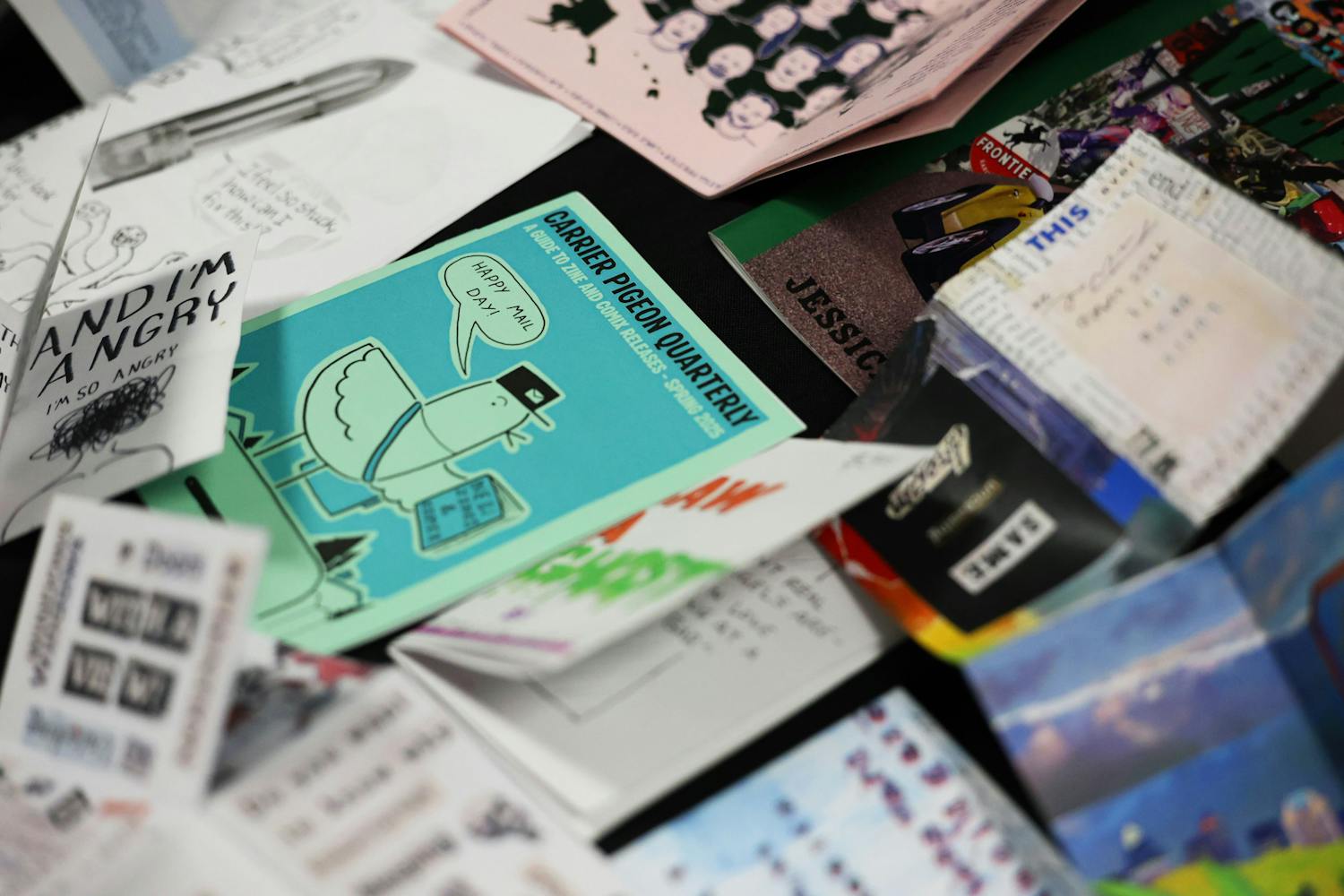On Feb. 17, a U.N.-commissioned report confirmed the world’s largely held suspicions that North Korea’s human’s rights abuses are unconscionable — in some cases even unimaginable. Lucy Williamson’s BBC News article quotes a North Korean prisoner as stating, “People could have their limbs chopped off while cutting wood, they could die from parasites, or from hunger; there was so much death that the streets would be lined with dead bodies,” in description of death camps of the North Korean government.
The Economist cites the main victims of North Korea’s despotic regime as “those who try to flee the country; Christians and those promoting other 'subversive' beliefs; and political prisoners, estimated to number between 80,000 and 120,000.”
The purpose of Australian jurist Michael Kirby’s 400-page report was to remove all doubt that things weren’t quite so bad. He and his panel have achieved this, which resurfaces the problem of what exactly should be done.
The Korean peninsula was divided along the 38th parallel more than 60 years ago, and policymakers have been unsure about how to help the victims of this hellish regime ever since. As time went on, it became more and more clear that the formerly Soviet and China backed North Korea became despotic and evil to the point of guilty hilarity.
In most cases of abuse around the world, most people would say something along the lines of “We have no dog in that fight,” or “It’s their country, not ours,”—statements with which I usually wholeheartedly agree. But this is more like Auschwitz than your run-of-the-mill third world oppression.
Economic sanctions against the North Korean government would only exacerbate the poverty of the nation’s inhabitants, so that option is off the table.
According to The Economist, the report is “call for more engagement (including inter-Korean dialogue and humanitarian aid),” as if we should just “talk harder.” On top of this, we have no idea where the aid is going.
For the most part, if we truly wanted to help these poor people, military action is really the only chance.
However, if the U.S. for instance decided to take action, they would risk the wrath of China. For the Chinese government, North Korea is a “buffer state” between them and the intimidating U.S. Army forces in South Korea. China and the U.S. are the two most powerful countries in the world with competing ideologies and culture; there will always be militaristic tension between the two. China will never give up alliance with the one land mass separating them their biggest threat, thus the U.S. will never have a chance to do much of anything to help.
On top of this, the U.S. has no responsibility for a mess that we did everything we could to avoid. The Korean War is one of the few justified military involvements on America’s part, and we’re fortunate that South Korea is the flourishing country it is today. It could easily have fallen to Chinese backed North Korean forces without our intervention in the early '50s.
Make no mistake — North Korea is the most depraved place on the planet. Perhaps history will look back on the U.S. in anger as we refused to save people from the vilest environment of the modern world. Maybe we have learned nothing about human compassion from World War II.
But the truth remains that this is just too complicated to touch.
Reach the columnist at bjmurph2@asu.edu or follow him on Twitter @MurphJamin



